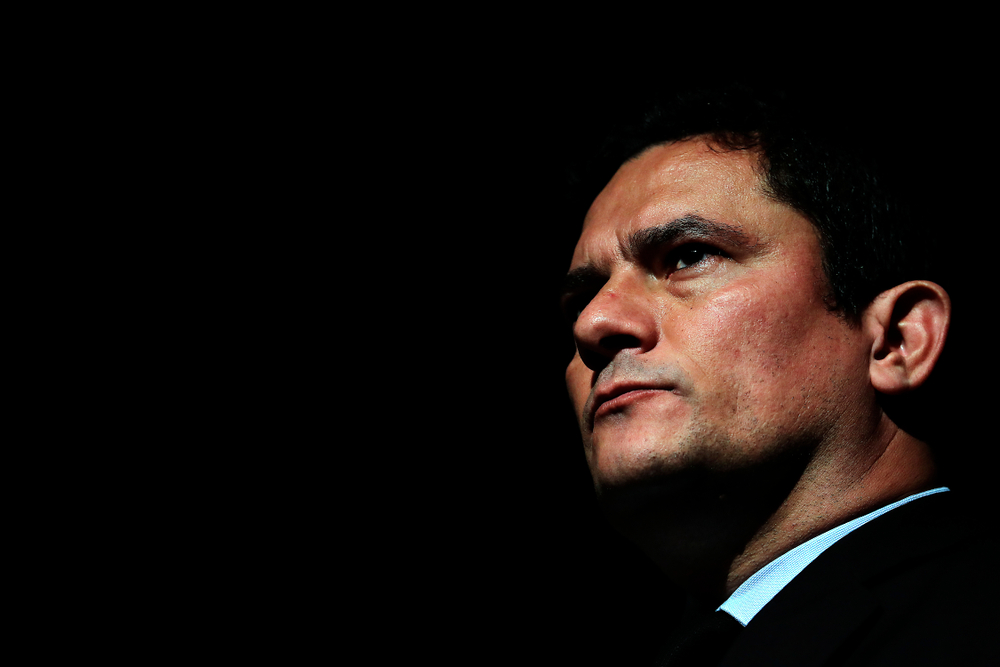One year ago, still as a federal judge, Sergio Moro spoke about the need for a “real plan against corruption.” He endorsed a set of measures proposed by federal prosecutors in 2016 — and signed by 2 million people — but which was shelved by Congress. Now, as Minister of Justice, Mr. Moro has the chance to get his way. On February 4, he presented his “anti-crime law,’ a set of proposals aimed at combatting white-collar crimes, which in large part revisit many of the aspects presented two and a half years ago.
Mr. Moro’s proposal would alter 14 points in Brazil’s Penal Code and touches on some controversial issues. Below, we break down the main changes:
Enforcing prison sentences
The project finally creates a law to determine that prison sentences be carried out after a conviction by an appellate court. This has been one of the most controversial points of debate among Brazilian legal scholars in recent years, especially after former president Lula, the country’s most popular politician, was placed behind bars after a second-degree conviction.
The fact that the Supreme Court has pivoted on this issue so many times doesn’t help. Until 2010, the court’s understanding was that a conviction upheld by an appellate court would result in the imprisonment of the defendant. He or she would then have to carry out their appeal process from behind bars. In 2010, however, the Supreme...


 Search
Search






































